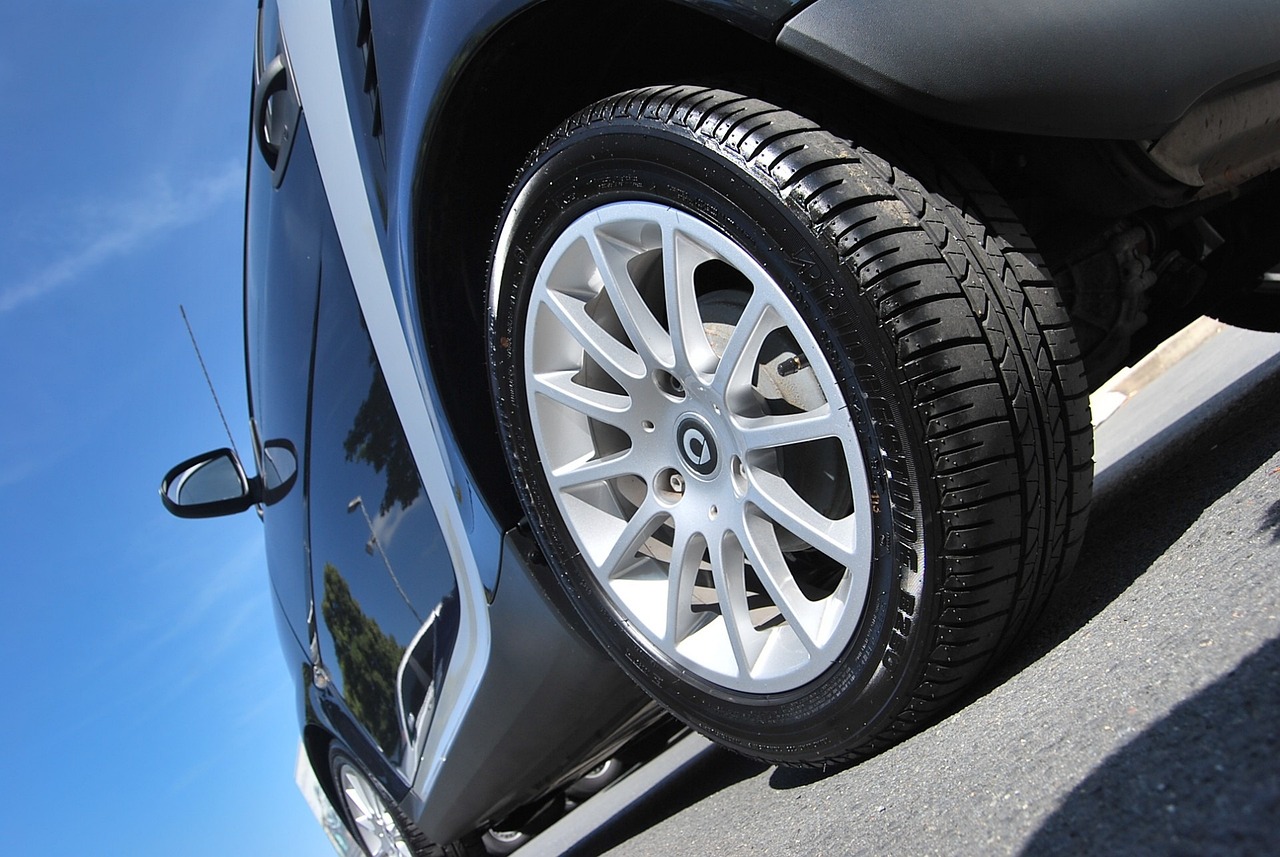In the world of automotive care, tires stand as the critical point of contact between your vehicle and the road. Ensuring you have the right tires for your vehicle and maintaining them properly isn’t just a matter of performance—it’s a vital component of road safety. This comprehensive guide dives into the importance of proper tire selection and maintenance, offering insights, tips, and best practices to keep you and your vehicle safely on the move.

Selecting the Right Tires for Your Vehicle
The selection of the right tires for your vehicle is paramount. Different vehicles and driving conditions require different types of tires to optimize performance, safety, and fuel efficiency.
1. Understand Tire Types:
- All-Season Tires: Ideal for most climates, offering a balance between wet and dry performance and snow traction.
- Summer Tires: Designed for warm climates, offering optimal dry and wet traction but not suitable for cold weather or snow.
- Winter Tires: Specifically designed for cold weather and snow, offering superior traction in these conditions.
2. Consider Your Driving Conditions: Your local climate and driving habits should dictate your tire choice. For example, if you live in an area with harsh winters, investing in a set of winter tires can be a lifesaver.
3. Check Your Vehicle’s Requirements: Refer to your vehicle’s owner manual or the placard on the driver’s side door frame to identify the recommended tire size and type for your vehicle.
The Importance of Tire Maintenance
Regular tire maintenance is crucial for extending the life of your tires, ensuring your safety on the road, and maintaining your vehicle’s fuel efficiency.
1. Regular Tire Inspections:
Inspect your tires monthly for signs of wear or damage. Look for cracks, bulges, or objects lodged in the tire. Don’t forget to check the tire tread depth to ensure it’s above the legal minimum of 2/32 of an inch.
2. Tire Rotation:
Rotating your tires every 5,000 to 7,000 miles ensures even tire wear and extends the life of your tires. This practice helps maintain balanced handling and traction.
3. Maintain Proper Tire Pressure:
Under-inflated or over-inflated tires can lead to a myriad of problems, from uneven wear to increased risk of tire failure. Check your tire pressure monthly and adjust according to the manufacturer’s recommendations.
4. Wheel Alignment:
Misaligned wheels can cause uneven tire wear and affect your vehicle’s handling and fuel efficiency. Have your alignment checked if you notice your vehicle pulling to one side or if you’ve hit a significant pothole or curb.
The Impact of Tire Selection and Maintenance on Safety
Tires significantly impact vehicle safety. Well-maintained tires with proper tread depth provide better traction, reducing the risk of accidents in wet or icy conditions. Additionally, correct tire pressure and alignment contribute to predictable vehicle handling and braking, essential for avoiding obstacles on the road.
Fuel Efficiency and Environmental Impact
Proper tire maintenance can also lead to improved fuel efficiency. Under-inflated tires increase rolling resistance, making your engine work harder and consume more fuel. By maintaining the correct tire pressure, you can improve your fuel efficiency by up to 3% according to the U.S. Department of Energy.
Environmentally, well-maintained tires contribute to lower CO2 emissions, thanks to improved fuel efficiency. Additionally, extending the life of your tires through regular maintenance reduces tire waste and the need for new tire production.
Conclusion
The importance of selecting the right tires for your vehicle and maintaining them cannot be overstated. By understanding the different types of tires available and adhering to a regular maintenance schedule, you can ensure your vehicle performs optimally, remains safe on the road, and operates efficiently. Remember, tires are the only point of contact between your vehicle and the road—never underestimate their impact on your driving experience.
In conclusion, tire selection and maintenance are essential practices for any vehicle owner. Not only do they significantly contribute to your safety and the safety of others on the road, but they also play a critical role in your vehicle’s overall performance and environmental footprint. Stay informed, stay safe, and keep your tires in top condition for the road ahead.
Nick is a dedicated auto writer with a deep passion for cars and a constantly evolving garage. As a true car enthusiast, he brings firsthand knowledge and excitement to his posts, offering readers a unique perspective on the latest trends and vehicles. Beyond his love for cars, Nick has a keen interest in real estate and enjoys indulging in clothes shopping. His weekends are often spent traveling the country in good company, exploring new places and making the most of his journey. Through his writing, Nick aims to share his love for the open road and inspire others to appreciate the thrill of driving.
